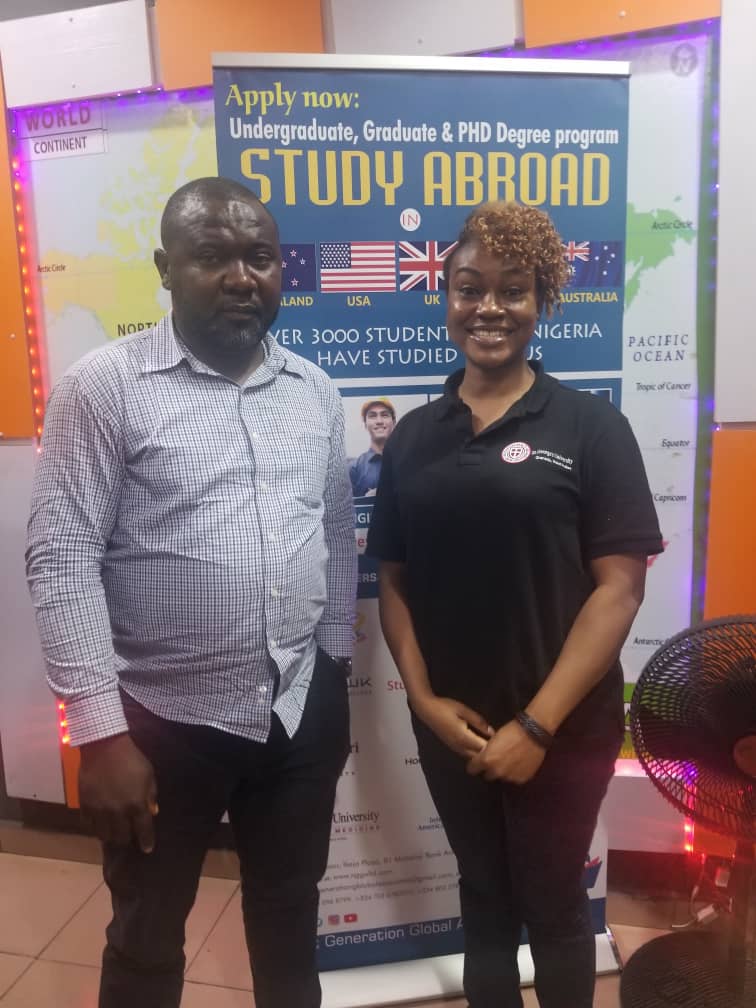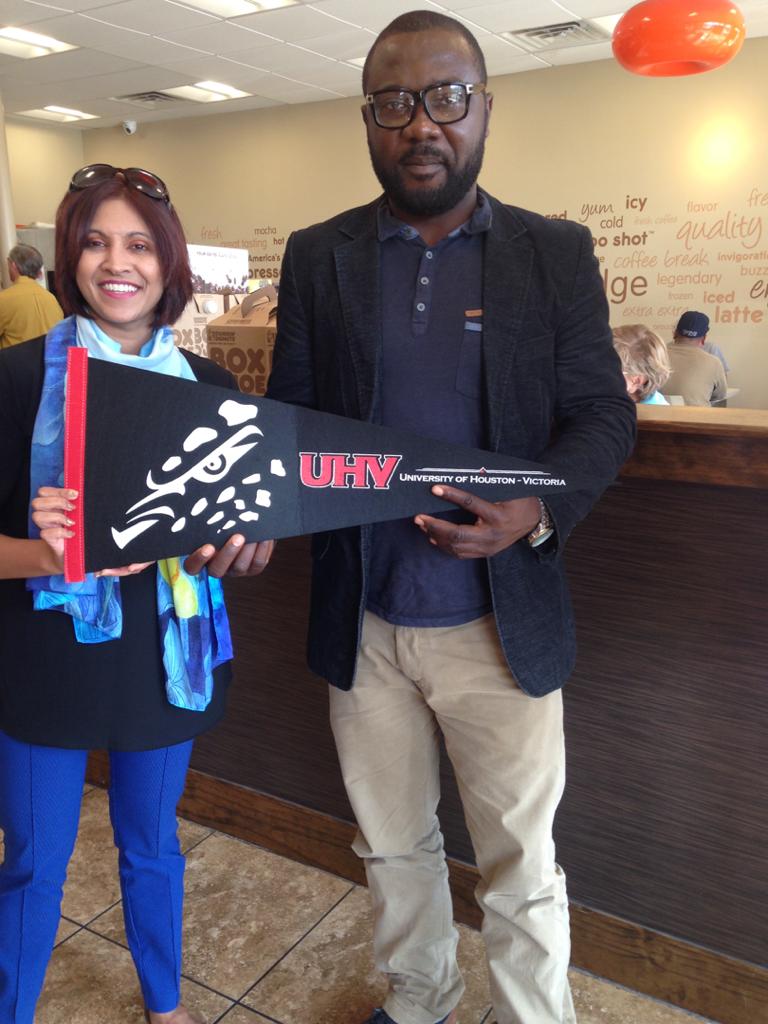Introduction to Student Visa Requirements for Canada
Studying in Canada can be an incredible opportunity for international students, but the process of obtaining a student visa can seem daunting. This section will provide an overview of the key requirements and steps involved in applying for a Canadian student visa, so you can be prepared and confident in navigating the application process.
Canada welcomes thousands of international students each year, contributing to the diversity and vibrancy of its educational institutions. Whether you’re dreaming of studying at a renowned university in a bustling city or immersing yourself in the natural wonders of Canada’s remote regions, understanding the student visa requirements is essential. From demonstrating sufficient financial resources to submitting the necessary documentation, this introductory section will guide you through the fundamental steps to securing your student visa and embarking on your educational journey in Canada.
Passport and Travel Document Requirements
Applying for a student visa to Canada requires having a valid passport or travel document. Your passport must be valid for the duration of your planned stay in Canada, plus an additional 6 months beyond your expected departure date. The passport should have at least 2 blank pages available for visa stamps and other endorsements.
In addition to a valid passport, you may need to provide other travel documents depending on your citizenship and country of origin. This could include a permanent resident card, refugee travel document, or other recognized travel papers. These additional documents help demonstrate your ability to legally enter and exit Canada during your studies.
- Valid passport with at least 6 months of validity remaining
- Sufficient blank pages in passport for visa stamps and endorsements
- Additional travel documents as required (e.g. permanent resident card, refugee travel document)
- Copies of any previous Canadian visas or study permits
- Proof of ability to legally enter and exit Canada during your studies
Ensuring you have the proper passport and travel documents is a critical first step in the student visa application process. Carefully reviewing the requirements and gathering the necessary documentation can help avoid delays or complications when submitting your visa application.
Proof of acceptance from a designated learning institution
One of the key requirements for applying for a student visa to Canada is providing proof of acceptance from a designated learning institution. This means that you must have been accepted and received an official letter of acceptance from a recognized university, college, or other educational institution in Canada.
The letter of acceptance should include important details such as the name of the institution, the program or course you have been accepted into, the start and end dates of your studies, and confirmation that the institution is a Designated Learning Institution (DLI). This designation is important as it ensures the institution meets certain standards and requirements set by the Canadian government for hosting international students.
Along with the letter of acceptance, you may also need to provide transcripts, diplomas, or other documents that demonstrate your educational qualifications and eligibility for the program. These documents can help support your application and show that you have the necessary background and preparation to successfully complete your studies in Canada.
It’s important to carefully review the specific requirements and instructions provided by the institution regarding the documentation needed, as these can vary. Ensuring that you have all the required proof of acceptance materials ready when you apply for your student visa can help streamline the application process and increase your chances of a successful outcome.
Proof of Financial Support
When applying for a student visa to Canada, you will need to provide evidence that you have sufficient funds to cover your tuition, living expenses, and any other associated costs for the duration of your studies. This is a critical requirement, as the Canadian government wants to ensure that international students have the financial means to support themselves and successfully complete their academic programs without undue financial stress.
- Tuition Fees:You will need to provide documentation such as an acceptance letter or invoice from your designated learning institution that outlines the tuition fees for your program of study.
- Living Expenses:You must demonstrate that you have enough funds to cover your living expenses, including housing, food, transportation, and other basic necessities. The required amount varies by province, but is typically around CAD $20,000 per year.
- Additional Expenses: Depending on your program and personal circumstances, you may need to account for additional expenses such as textbooks, supplies, health insurance, or dependent family members. Be prepared to provide evidence of funds to cover these costs as well.
Acceptable forms of proof of financial support include bank statements, fixed deposit receipts, investment portfolios, or scholarship/sponsorship letters. The funds must be readily available and not subject to withdrawal restrictions. If you are receiving financial support from family or friends, you will need to provide affidavits or letters from them confirming their commitment to supporting your studies in Canada.
Medical Examination and Health Requirements
Applicants for a Canadian student visa must undergo a comprehensive medical examination to ensure they meet the country’s health requirements. This includes a physical exam by a designated medical practitioner, as well as various tests and screenings to check for communicable diseases, mental health conditions, and other health concerns that could impact public health or the applicant’s ability to study in Canada.
The medical exam will cover a review of the applicant’s medical history, vital signs, and a physical assessment. Depending on the applicant’s age and health status, additional tests may be required, such as blood work, X-rays, or mental health evaluations. Applicants must also provide proof of vaccinations against common communicable illnesses like measles, mumps, and rubella.
If any health issues are identified during the medical exam, the applicant may need to undergo further testing or provide additional documentation. In some cases, a student visa may be denied if the applicant’s medical condition poses a risk to public health or would require an excessive demand on Canada’s healthcare system. Overall, the medical exam is an essential step to ensure the wellbeing of international students and the broader Canadian community.
Police certificates and background checks
As part of the student visa application process for Canada, applicants are required to obtain police certificates and undergo background checks. This is a crucial step to ensure the safety and security of the country, as well as to verify the applicant’s identity and criminal history, if any.
Police certificates, also known as criminal record checks or police clearance certificates, are documents that confirm an individual’s criminal record or lack thereof. Applicants must obtain these certificates from the relevant authorities in their country of origin, as well as any other countries where they have resided for more than six months in the past 10 years. The certificates must be recent, typically no older than six months at the time of application.
In addition to the police certificates, applicants may also be required to undergo additional background checks, such as security screenings or biometric data collection. These checks are designed to verify the applicant’s identity, ensure they do not pose a security threat, and assess their eligibility for a student visa.
It is important to note that the specific requirements for police certificates and background checks may vary depending on the applicant’s country of origin, as well as any special circumstances or concerns that may arise during the application process. Applicants are advised to carefully review the instructions provided by the Government of Canada and to seek professional assistance if they have any questions or concerns.
Biometrics Collection
As part of the student visa application process for Canada, applicants are required to provide biometric information, which includes fingerprints and a facial photograph. This biometric data is collected to verify the applicant’s identity and confirm that they have not previously been involved in any unlawful activities.
The biometrics collection process typically involves visiting a designated biometrics collection point, such as a visa application center or a Canadian embassy or consulate. During the appointment, the applicant will have their fingerprints taken electronically, and a digital photograph will be captured. The entire process usually takes around 15-20 minutes to complete.
It’s important to note that the biometrics requirement applies to most applicants, regardless of their country of origin. The only exceptions are for children under the age of 14 and certain diplomatic or government officials. Once the biometrics have been collected, they will remain valid for 10 years, and the applicant will not need to provide them again for future visa applications within that period.
After the biometrics have been collected, the information is securely transmitted to the Canadian government for processing and verification. This step is a critical part of the visa application process, as it helps to ensure the integrity of the Canadian immigration system and prevent fraudulent activities.
Application form and supporting documents
Applying for a student visa to Canada requires submitting a comprehensive application package with a variety of supporting documents. The application process involves several key steps to ensure your eligibility and provide the necessary information to the immigration authorities.
- Application Form:You will need to complete the official Canadian study permit application form, providing personal details, educational background, financial information, and other relevant data about your intended studies in Canada.
- Letter of Acceptance:A critical document is the letter of acceptance from a designated learning institution in Canada, confirming your enrollment in an approved program of study.
- Proof of Funds:You must demonstrate that you have sufficient financial resources to cover your tuition fees, living expenses, and other costs associated with your studies in Canada. This may include bank statements, scholarship or bursary documents, or a sponsorship letter.
- Identity Documents:You will need to submit copies of your passport, birth certificate, and any other relevant identification documents.
- Educational Transcripts:Provide official transcripts from your previous educational institutions to showcase your academic qualifications and achievements.
- Language Proficiency:Depending on the language of instruction for your program, you may need to submit evidence of your English or French language proficiency, such as IELTS or CELPIP test scores.
- Police Certificates:You may be required to provide police certificates or background checks to demonstrate your good character and lack of criminal history.
- Medical Examination:You will need to undergo a medical examination by an approved physician and submit the results as part of your application.
The application package may also include additional supporting documents, such as a study plan, letters of recommendation, or evidence of your ties to your home country. It is essential to carefully review the specific requirements and gather all the necessary documents to ensure a smooth and successful student visa application process.
Application Fees
- Application Fee: The first fee that applicants must pay when applying for a Canadian student visa is the application fee. This is a mandatory, non-refundable fee that covers the cost of processing the visa application. The current application fee for a study permit is CAD $150, which must be paid at the time of submission.
- Biometric Fee: In addition to the application fee, applicants may also need to pay a biometric fee. This fee covers the cost of collecting fingerprints and a photograph, which are required as part of the visa application process. The current biometric fee is CAD $85 and is valid for 10 years.
- Additional Fees: Depending on the applicant’s circumstances, there may be additional fees required, such as medical examination fees or police certificate fees. These fees can vary based on the country of origin and the specific requirements of the visa application. Applicants should thoroughly review the fee schedule and budget accordingly.
- Payment Methods: Visa application fees can be paid in a variety of ways, including credit card, debit card, bank transfer, or money order. Applicants should ensure that they have the necessary funds available and that the payment method is accepted by the visa office.
Timelines and processing times
- Application Submission: The student visa application process begins with submitting the required documents and forms. It’s crucial to ensure that all the information provided is accurate and complete, as any errors or missing information can significantly delay the processing of your application.
- Application Review: Once your application is submitted, it will be reviewed by the Canadian immigration authorities. This review process can take several weeks to several months, depending on the volume of applications and the complexity of your case. During this time, you may be asked to provide additional information or documents to support your application.
- Biometrics Collection: As part of the application process, you will be required to provide your biometric information, such as fingerprints and a digital photograph. This can be done at a designated biometrics collection center, and the process typically takes about 45 minutes to an hour to complete.
Visa Interview Process
If your student visa application is selected for further review, you may be required to attend a visa interview at your nearest Canadian embassy or consulate. The visa interview is a critical step in the application process, as it allows immigration officers to verify the information you have provided and assess your eligibility for a student visa.
During the visa interview, you can expect to be asked a series of questions about your background, your educational plans, your financial resources, and your plans to return to your home country after completing your studies. The officer will want to ensure that you have a genuine intention to study in Canada and that you have strong ties to your home country that will compel you to return upon completion of your program.
It is important to be prepared for the visa interview by reviewing your application materials, practicing your responses to common questions, and bringing any additional documents that may be requested. Be honest, polite, and confident in your responses, and avoid giving the impression that you may overstay your visa or work illegally in Canada. The visa officer is looking for evidence that you are a genuine student with strong ties to your home country and a clear plan to return home after your studies.
If your visa application is approved, you will receive your passport with a valid student visa, which will allow you to travel to Canada and begin your studies. If your application is denied, you will receive a letter explaining the reasons for the denial, and you may have the opportunity to appeal the decision or reapply at a later date.
Conditions and Restrictions of Student Visa
- Academic Requirements: As a student visa holder in Canada, you must maintain full-time enrollment and satisfactory academic progress at your designated learning institution. This means attending classes regularly, completing assignments on time, and maintaining the required grade point average. Failure to meet these academic standards could lead to the revocation of your student visa.
- Work Restrictions: Student visa holders in Canada are generally allowed to work on-campus for up to 20 hours per week during the academic term and full-time during scheduled breaks. Off-campus work may also be permitted in some cases, but this requires a separate work permit. It’s important to understand and comply with the work restrictions to avoid any immigration issues.
- Program and Location Limitations: Your student visa is tied to the specific program and learning institution you were accepted into. You cannot change your program or school without first obtaining approval from the Canadian immigration authorities. Additionally, you must remain in the city or region where your designated learning institution is located, unless you have permission to travel or relocate.
- Dependents and Family Members: If you have a spouse or children who will be accompanying you to Canada, they may be eligible for dependent visas. However, these dependents will also be subject to certain restrictions, such as limits on their ability to work or study in Canada. It’s important to understand the requirements and implications for any family members who will be joining you.
Extending or Renewing a Student Visa
If you need to extend or renew your Canadian student visa, there are specific requirements and processes you must follow. The student visa is typically valid for the duration of your study program, but can be extended if you plan to continue your studies or transition to another visa category.
- Timing:You should apply to extend or renew your student visa at least 30 days before your current visa expires. This will ensure there is enough time for your application to be processed before your status lapses.
- Eligibility:To be eligible for an extension, you must be actively enrolled and making satisfactory progress in your designated learning program. You’ll need to provide updated enrollment confirmation and transcripts.
- Financial Support:You’ll need to demonstrate continued financial ability to cover your tuition, living expenses, and any family members accompanying you. Bank statements, proof of scholarships, or sponsorship letters may be required.
The application process involves submitting a new study permit application, paying the required fees, and potentially attending a new biometrics collection appointment. Depending on your situation, you may also need to provide updated medical exams or police certificates. It’s important to carefully review the specific requirements and submit a complete application to avoid processing delays or visa refusal.
Transitioning from a Student Visa to Other Visa Types
- Explore Options: As a student visa holder in Canada, there may be opportunities to transition to other visa types upon completion of your studies. This could include applying for a post-graduation work permit, a temporary foreign worker visa, or even permanent residency through programs like the Express Entry system. It’s important to research the different options available and understand the eligibility requirements for each pathway.
- Plan Ahead: The process of transitioning to a new visa type can take time, so it’s crucial to start planning well in advance. This may involve gathering the necessary documents, meeting specific educational or work experience requirements, and submitting your application within the designated timeframes. Working closely with a qualified immigration professional can help ensure a smooth transition and increase your chances of success.
- Consider Timing: The timing of your transition to a new visa type can be critical. For example, if you are eligible for a post-graduation work permit, it’s important to apply before your student visa expires to avoid any gaps in your legal status in Canada. Additionally, some permanent residency programs have specific deadlines or intake periods, so it’s essential to research the timelines and plan your application accordingly.
Transitioning from a Student Visa to Other Visa Types
- Explore Options: As a student visa holder in Canada, there may be opportunities to transition to other visa types upon completion of your studies. This could include applying for a post-graduation work permit, a temporary foreign worker visa, or even permanent residency through programs like the Express Entry system. It’s important to research the different options available and understand the eligibility requirements for each pathway.
- Plan Ahead: The process of transitioning to a new visa type can take time, so it’s crucial to start planning well in advance. This may involve gathering the necessary documents, meeting specific educational or work experience requirements, and submitting your application within the designated timeframes. Working closely with a qualified immigration professional can help ensure a smooth transition and increase your chances of success.
- Consider Timing: The timing of your transition to a new visa type can be critical. For example, if you are eligible for a post-graduation work permit, it’s important to apply before your student visa expires to avoid any gaps in your legal status in Canada. Additionally, some permanent residency programs have specific deadlines or intake periods, so it’s essential to research the timelines and plan your application accordingly.
Additional Resources and Support
- Educational Resources: There are many educational resources available to students applying for a Canadian student visa. This includes guidebooks, online tutorials, and workshops hosted by immigration lawyers or student service centers. These resources can provide detailed information on the application process, documentation requirements, and tips for a successful visa interview.
- Support Networks: Connecting with other international students, either in-person or through online forums, can be extremely valuable. These support networks can offer advice, share experiences, and provide a sense of community during the visa application process. Many universities and colleges also have dedicated international student advisors who can guide you through the requirements.
- Consultation Services: If you have specific questions or concerns about your student visa application, consider consulting with an immigration lawyer or registered Canadian immigration consultant. They can review your documents, offer personalized guidance, and ensure you meet all the necessary requirements. This professional assistance can be especially helpful for complex cases or unique situations.
- Timeline Planning: It’s important to plan ahead and allow ample time for the student visa application process. Research the typical processing times and be prepared to submit your application well in advance of your intended start date. This will help ensure your visa is approved in time and reduce any unnecessary stress or delays.





